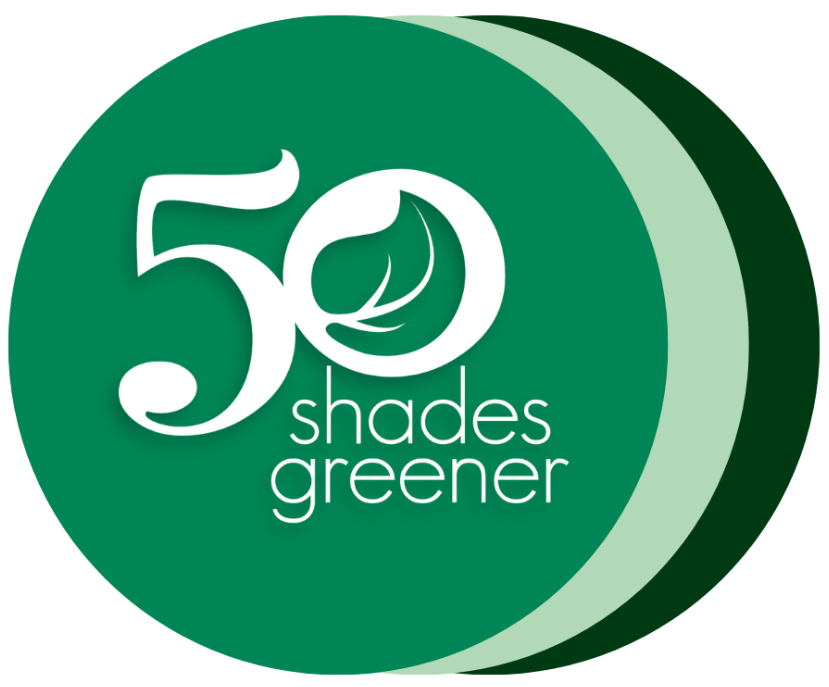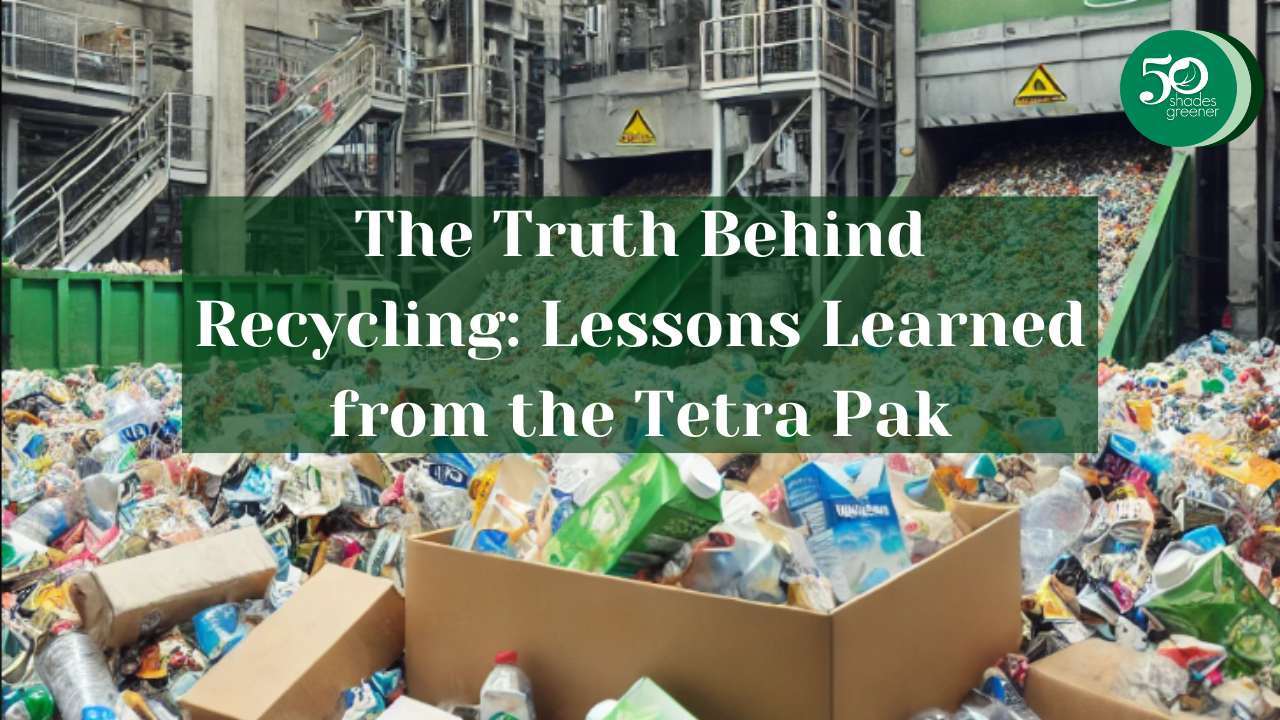The Truth Behind Recycling: Lessons Learned from the Tetra Pak
Mar 31, 2025
Continue Reading...
TL;DR: Recycling Isn’t the Hero We Thought It Was
Recycling has been marketed as the silver bullet for sustainability, but it’s often a distraction from the real issues: overproduction, corporate irresponsibility, and lack of proper infrastructure.
Companies like Tetra Pak, Coca-Cola, an
...
The Very Questionable Sustainability of Tetra Pak
Jul 01, 2024
Quick heads-up! If you like straight-talk sustainability, join our free SustainABILITY Hub — a casual drop-in every Wednesday at 13:30 (UTC+1). Ask questions, swap ideas, and bust myths like the one below (no jargon, no hard sell).
Continue Reading...
Quick heads-up! If you like straight-talk sustainability, join our free SustainABILITY Hub — a casual drop-in every Wednesday at 13:30 (UTC+1). Ask questions, swap ideas, and bust myths like the one below (no jargon, no hard sell).
Join here!
TL;DR: Is Tetra Pak Really Sustainable?
Tetra Pak ...
Tetra, Glass or Plastic - Which is best?
Jun 14, 2021
Continue Reading...
This is difficult to determine, because there is more than one issue at stake.
In terms of Co2 emission at the production stage, Tetra Pak cartons are the winner, followed by plastic, then aluminium, and surprisingly then glass is the worst.
Glass is the highest producer of carbon emissions becaus...




